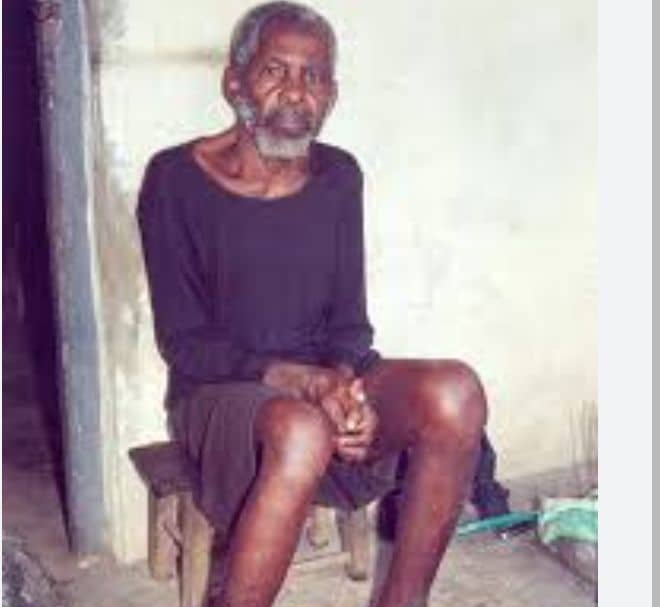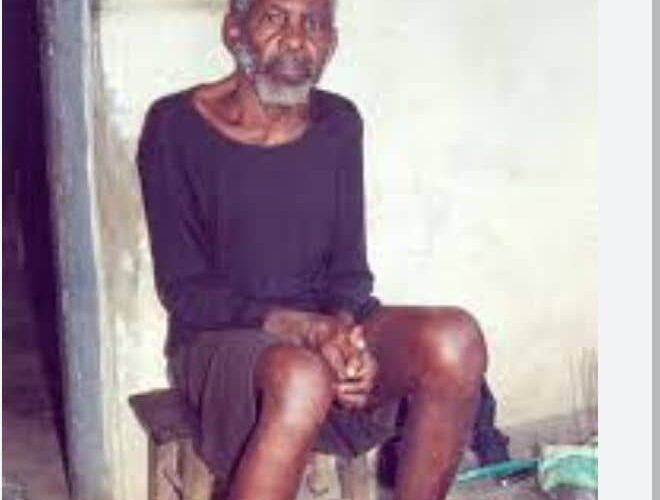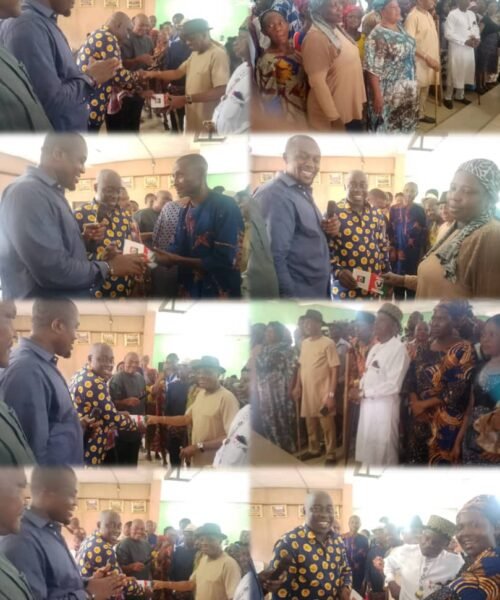
Abia Cares: Supporting Our Elderly, Strengthening Our Community by Investing in Our Aging Population

Elderly residents in Abia State face significant health-related challenges, exacerbated by systemic gaps in healthcare access and infrastructure. A 2022 National Bureau of Statistics (NBS) report revealed that 65% of elderly individuals lack access to functional healthcare facilities, compounded by a dire shortage of geriatric specialists—only three serve the state’s estimated 500,000 elderly population. Chronic diseases like hypertension affect 48% of seniors, yet only 30% receive consistent care due to cost barriers and clinic distances. Mental health struggles are equally pressing: while 20% of Nigerian elders experience depression (per WHO estimates), fewer than 10% in Abia access mental health services, as reported by the State Health Directorate in 2023.
Social and economic vulnerabilities further marginalize this demographic. 70% of Abia’s elderly live below the national poverty line, with over 80% relying on unstable informal work post-retirement. Family support is dwindling, as 40% live alone and 55% report infrequent contact with relatives due to urban migration (HelpAge International, 2021). However, Governor Alex Otti’s administration has demonstrated commendable responsiveness by addressing longstanding pension delays, clearing arrears for over 18,000 retirees in 2023 alone. This critical intervention has restored dignity and financial stability to thousands, though broader gaps persist: only 15% benefit from poverty-alleviation programs, and 90% lack subsidized transportation (Abia Social Welfare Office, 2022).
Environmental and infrastructural barriers compound daily hardships. 80% of public buildings lack ramps or elevators, isolating mobility-impaired elders (Abia Disability Rights Commission, 2023), while 60% of rural roads become impassable during rains, delaying emergency care for 45% of elderly patients. Housing conditions remain precarious, with 55% of elderly households lacking electricity and 70% relying on unsafe water (UN-Habitat, 2020). Culturally, ageism and exclusion persist: 35% of elders face discrimination in employment or community roles, and 60% of elderly women are excluded from family decisions (Gender Policy Unit, 2021). Additionally, 30% prioritize traditional healers over hospitals, delaying diagnoses for conditions like diabetes by five years on average.
Dr Otti assures Nde Abia that targeted solutions are emerging and require scaling. He’s currently reviewing Abia’s 2025 health budget* allocated to elderly care to fund geriatric training and facilities. He’s studying the report that catalogues that Mobile clinics piloted in Umuahia reduced elderly hospitalizations by 25% in 2022, demonstrating potential for rural expansion. He’s also studying reports that show that Community-led “Elder Care Units” in 15 LGAs improved social ties for 12,000 seniors, cutting loneliness by 40% (HelpAge, 2023). Actually an upscaled World Bank grant will retrofit more public buildings with accessibility features by 2026, while local-language radio campaigns boosted awareness of elderly rights by 50% in pilot zones.
In conclusion, Abia’s elderly crisis demands sustained, collaborative action. Governor Otti’s pension reforms mark a pivotal step, proving that political will can drive tangible progress. By pairing such efforts with data-informed investments in healthcare, infrastructure, and social programs, Otti is confident that Abia can transform into a model of inclusivity for Nigeria’s aging population.
Dr Chukwuemeka Ifegwu Eke writes from the University of Abuja/Yakubu Gowon University Nigeria.







